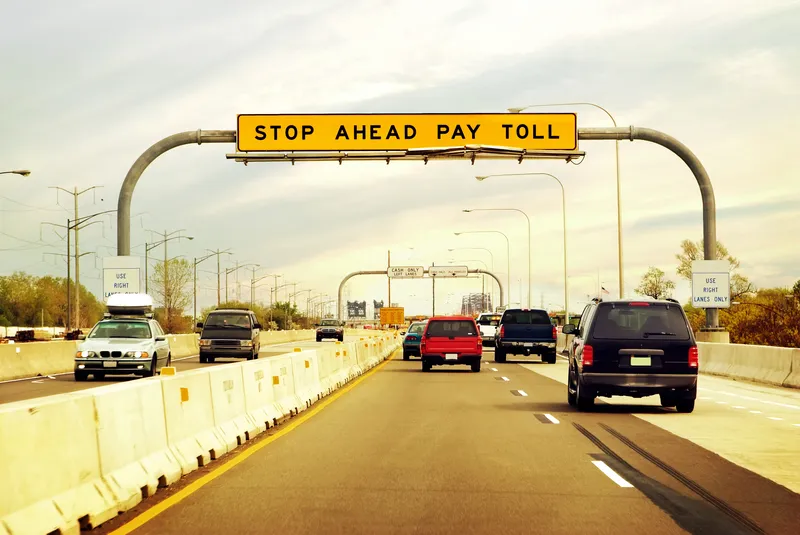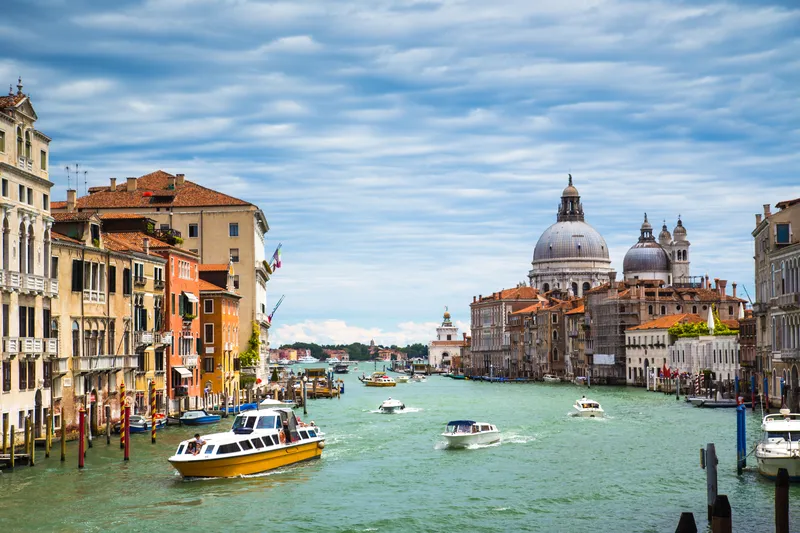
Uber has committed to only operating a zero-emission fleet by 2040 while also switching completely to electric vehicles (EVs) in US, Canadian and European cities by 2030.
In a statement, Uber CEO Dara Khosrowshahi says: “In fact, we believe we can achieve this 2030 goal in any major city where we can work with local stakeholders to implement policies that ensure a fair transition to EVs for drivers.”
The ride-hailing giant is now taking a series of actions which include the launch of Uber Green in more than 15 US and Canadian cities to help reduce emissions.
Uber Green allows riders to request a ride in an EV or hybrid vehicle. They will receive 3x Uber Rewards points for every trip taken compared to 2x points for a typical UberX ride.
It is also pledging more than $800 million in resources to help its drivers in the US, Canada and Europe transition to battery EVs by 2025.
In the US and Canada, hybrid and EV drivers will receive an extra $0.50 directly from the rider on every Uber Green trip completed. Drivers operating a zero-emission vehicle such as a battery EV will receive the same incentive plus an additional $1.00 extra for each trip.
In a separate action, Uber is working with GM in the US and Canada and Renault-Nissan across cities in the UK, France, Netherlands and Portugal to extend offers on EVs to drivers.
However, Khosrowshahi recognises a “more robust collaboration” between industry and government is necessary to achieve a “fair transition for drivers”.
The firm is already taking steps to zero in on the opportunities provided by electric mobility. In London, Uber drivers have completed more than one million journeys in EVs while a clear air plan in France includes a commitment by Uber toward EV purchases made by French drivers.
Uber is now unveiling a white paper to help build this progress across Europe. It includes a roadmap for partnering with public and private leaders in major European Union cities to achieve 100% all-electric on-demand mobility.
The roadmap includes input from the World Resources Institute, Transport & Environment, the Sierra Club, Grid Alternatives and EVNoire.
Full story will appear as a long read at www.itsinternational.com









